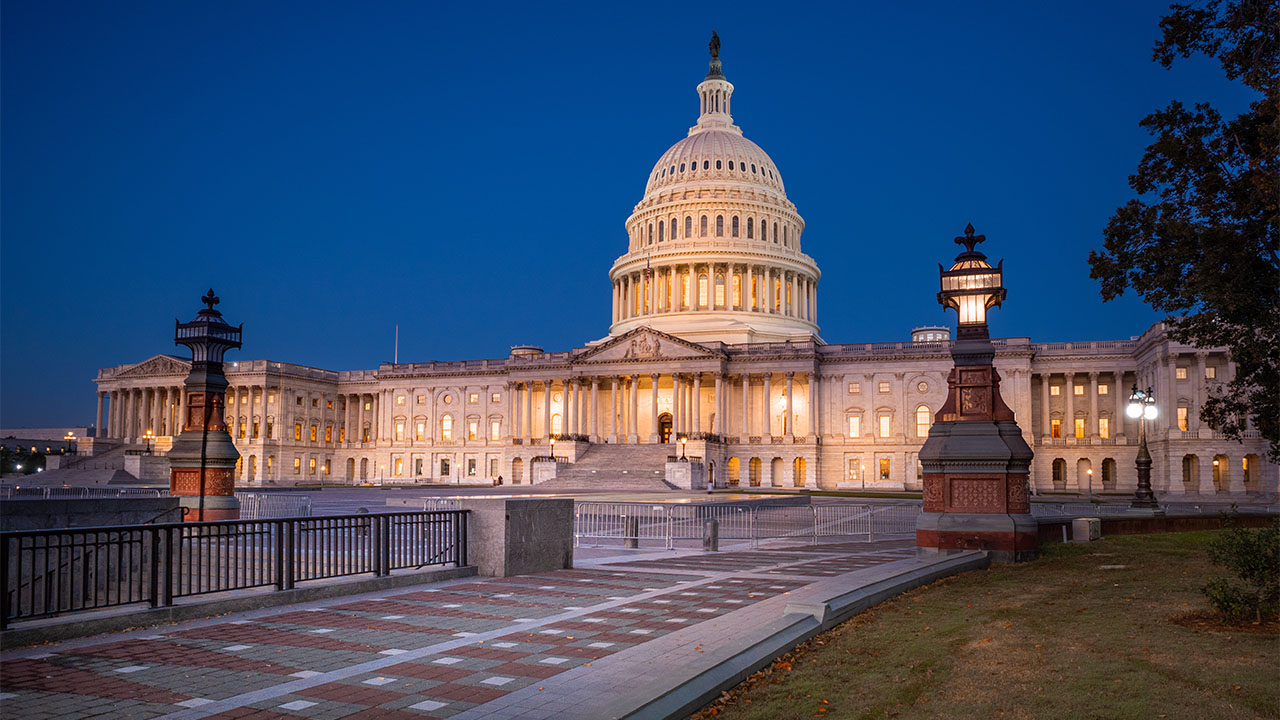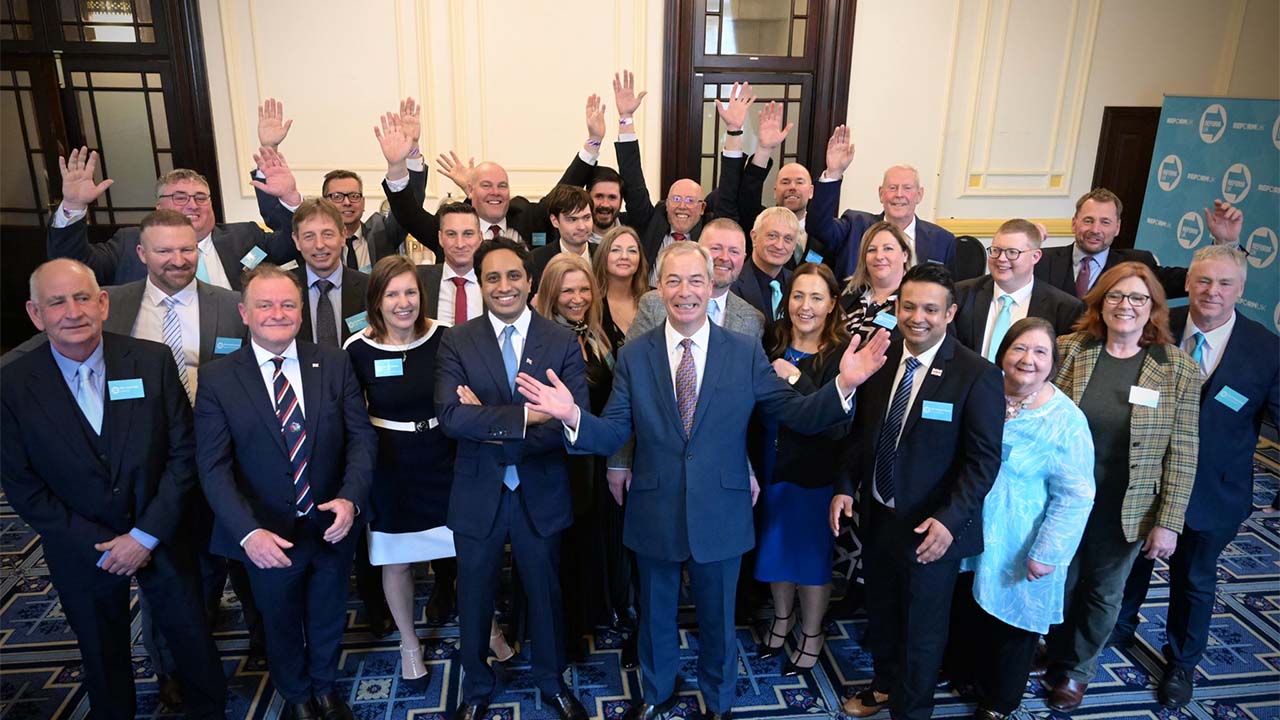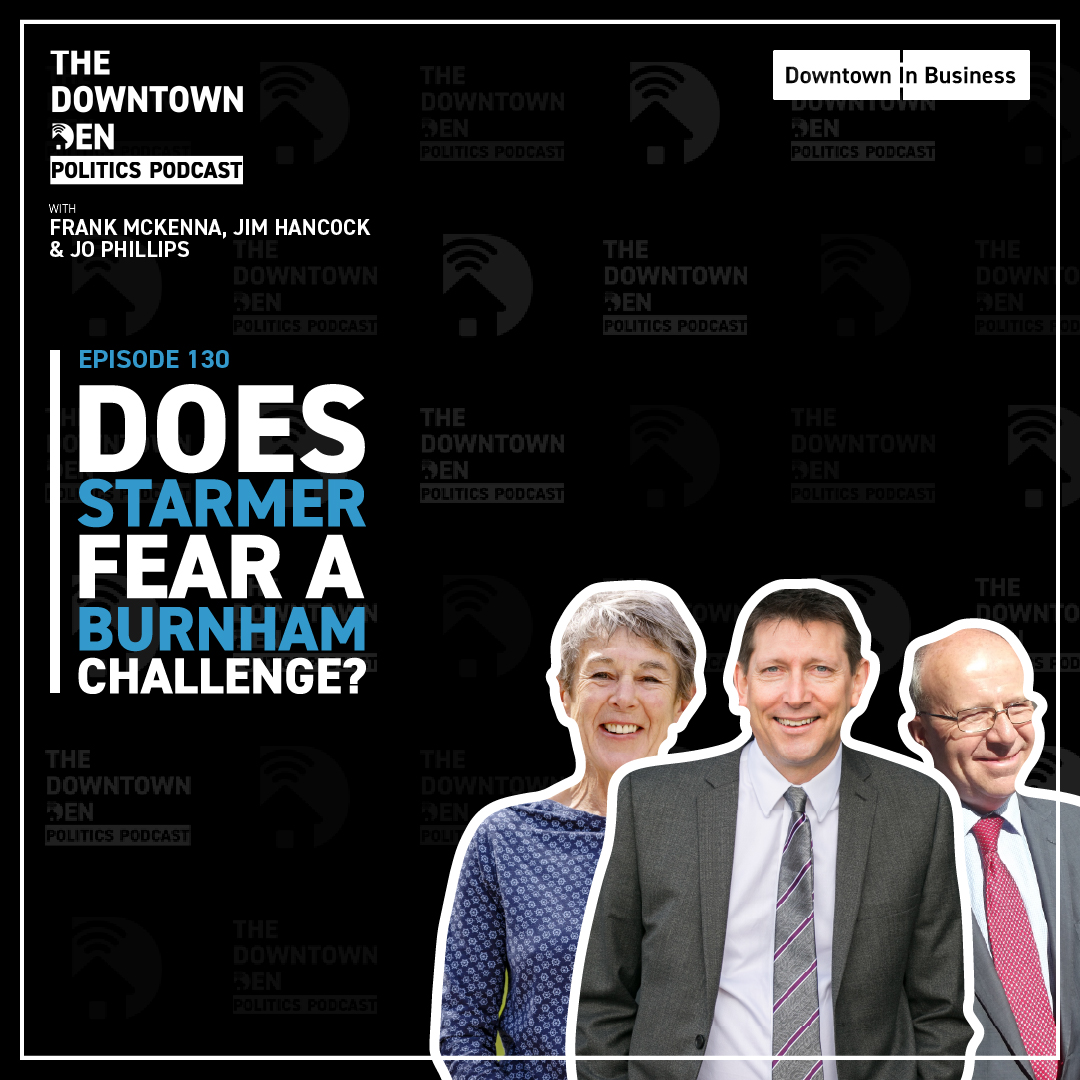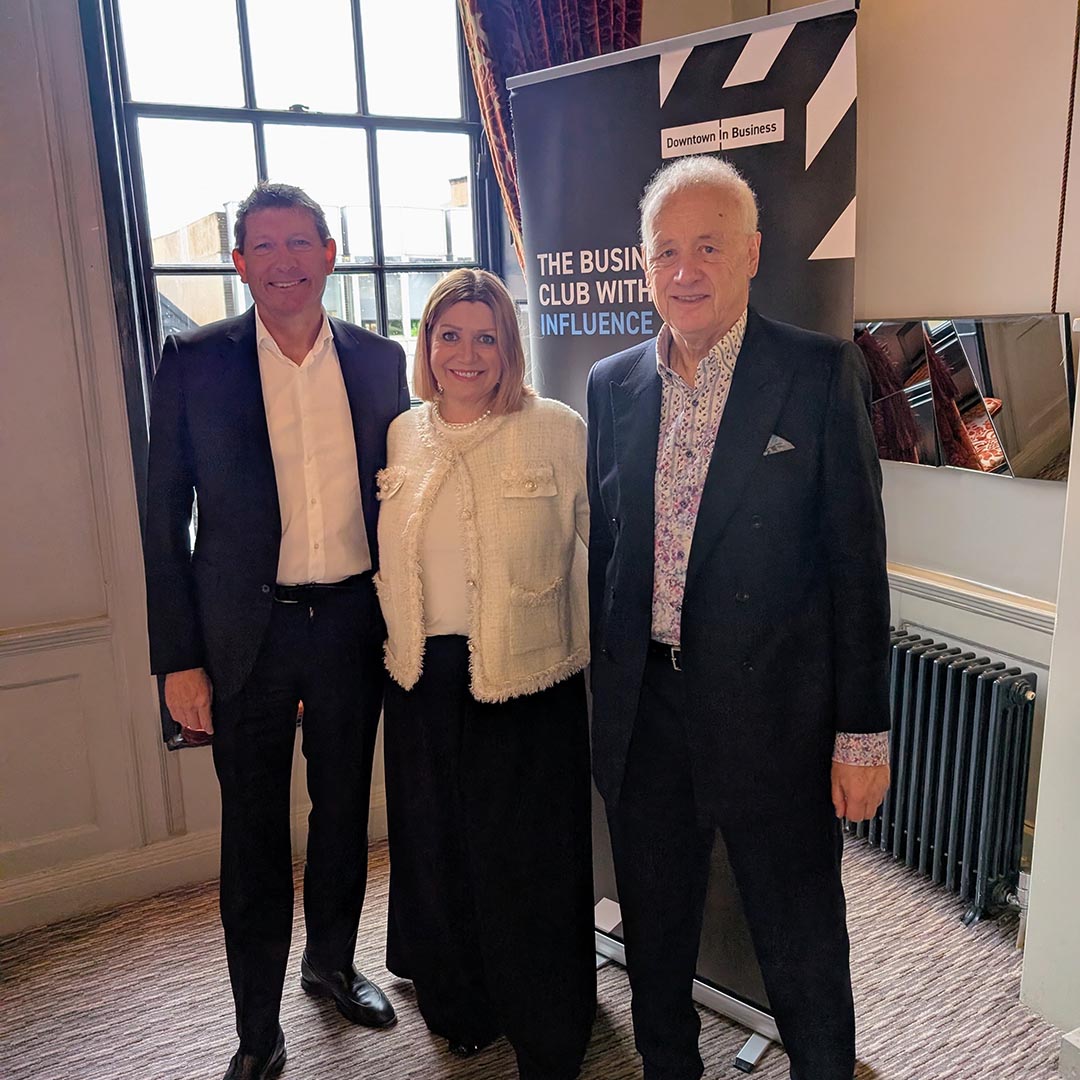Cities around the World are looking at how to grow their economies as the inflation-fuelled economic storm clouds gather.
Effectively telling their story is a key component of a city’s growth plan and positioning your city in the right spotlight is important.
The recent coronation of King Charles III received extensive coverage here in the US.
Whether it was the pomp and ceremony, the gilded carriages, the marching bands, or the cheering crowds – the accession to the throne of the 74-year-old former Prince of Wales was good TV.
It spawned the obvious conversations and commentary about constitutional democracy, the idea of a monarchy, and the soap opera of the Royal Family – especially the wide range of views about the recent behaviour and antics of Harry and Meghan.
But, in general, it portrayed a positive impression of the UK and, according to destination management agencies, travel agents and online booking portals contributed to an increased likelihood that US travellers would consider the UK, specifically London, for a future trip.
Last week, Liverpool successfully hosted the Eurovision Song Contest on behalf of war-torn Ukraine, though coverage of this events was, perhaps understandably, much spottier here in the US. Hopefully, a similar uptick in travel will result.
Here in sunny Northwest Florida – where our economy is largely dependent on tourism – we offer a range of Food, Wine, Film and Music festivals. These festivals are targeted at attracting the wealthy visitor demographic we enjoy in the summer months, to spend time with us in the quieter spring and autumn seasons.
The economic ambition is clear, and these events are good tools to deliver success.
But for cities and regions looking to grow their economies beyond tourism and the visitor economy, what drives sustainable long-term growth?
At the recent Milken Institute Global Conference in Los Angeles, the non-partisan think tank released its 2023 rankings for the best-performing cities in the U.S. for economic growth, measuring 12 indicators including job creation and wage increases.
The gathering heard three trends were prevalent in the best performing cities:
Performance is closely linked to job and wage growth; a strong presence of high-tech industries – the fastest growth in this sector was observed in smaller cities; and with the resumption of post COVID travel and tourism, the leisure and hospitality industry played a crucial role in driving the highest improvements in this year’s rankings.
My takeaway from much of the conversation was that mega-cities, New York, Chicago, Los Angeles etc. were struggling and smaller, more manageable cities were benefiting.
So how does a city like Liverpool or Newcastle, Wolverhampton or Sheffield learn from these lessons?
In conversation with the conference participants, listening to the researchers, and viewing the presentations and charts made available, I kept hearing the same 5 insights for economic success;
Entrepreneur Ecosystem: This was the overwhelming point made. Whether it is a clear and compelling ‘pro-business’ statement from Mayors and Civic Leaders, well-resourced Economic Development and Growth teams, or easy-to-access partnerships with public and private institutions like Chambers of Commerce or Downtown in Business, letting businesses and entrepreneurs know they will be supported is vital.
Skills drive Economic Growth: The best performing cities rely on enhanced education opportunities and the availability of skilled human capital. The best performers leveraged their schools, colleges, and universities as opportunities for long-term economic success and local businesses had relationships through internships and learning programs tailored to their growth needs.
Strong Communities: Economic growth thrives where there is a strong social fabric which runs deep and is durable over the long-term. Successful communities identify and engage residents to help craft and implement their long-term vision. And don’t forget to talk to young people, research shows those with fond memories of their hometowns are more likely to return when they’re ready to settle down and raise their own families.
A Sense of Place: Successful communities create vibrant downtowns where people want to live, work, and hang out. One of the speakers pointed out, ‘this generation of talent is the first to identify more strongly with their communities than with their employers,” so placemaking is essential to create hip, lively, authentic cities.
The Small Things Matter: Repeatedly, participants spoke about how creating thriving and “cool” cities was not the result of one huge act or project. They pointed instead to a series of repeatable, community led actions to tackle issues, nurture success, and build momentum for larger revitalization efforts to follow.
While global economic conditions will likely stay stormy for a while, I was left with a feeling that brighter days could lie ahead for my hometown of Birkenhead and others across the country if their civic leaders followed these tried and tested tips from across the pond.













